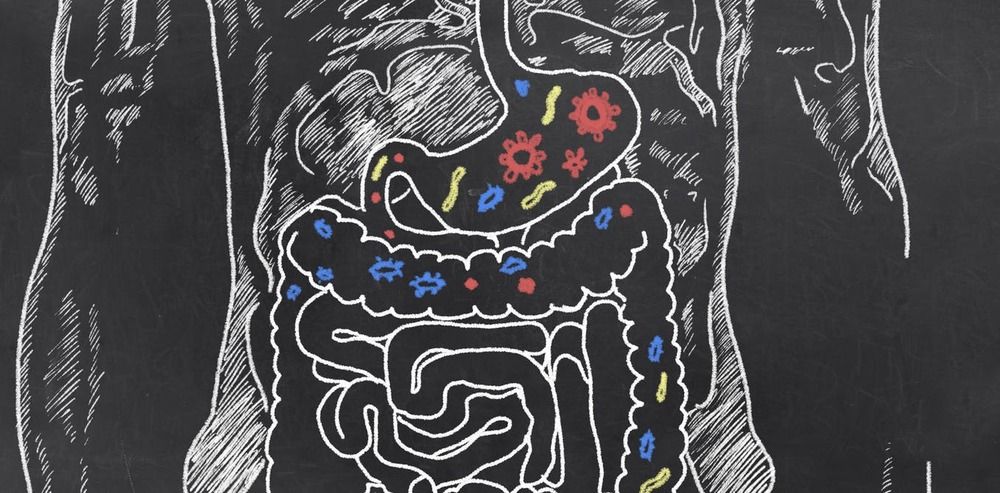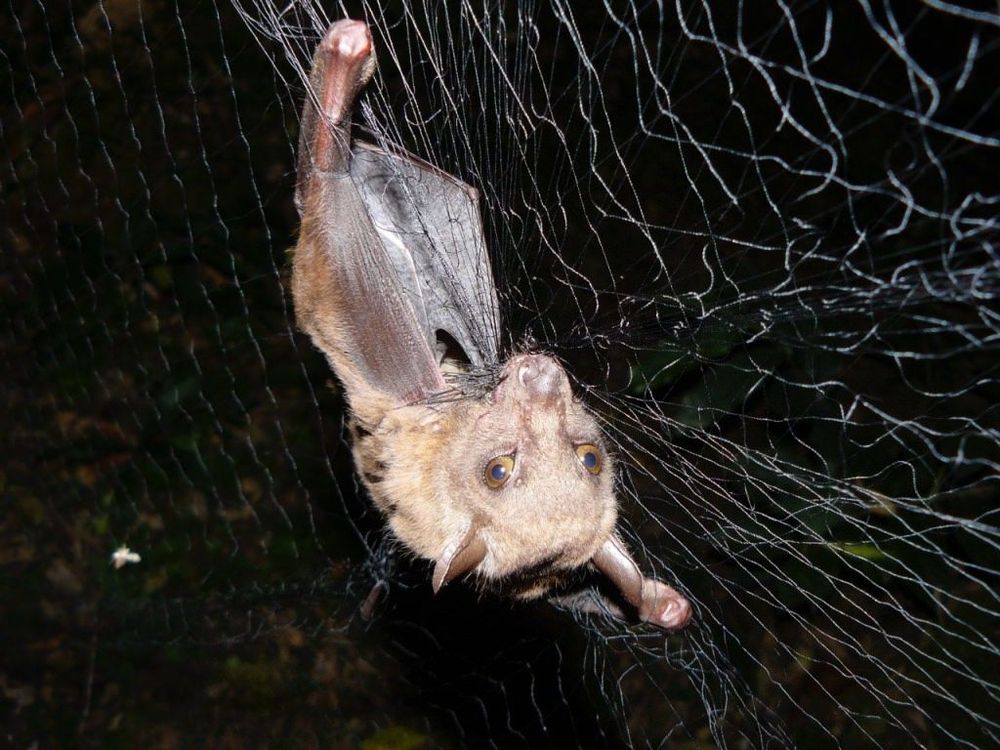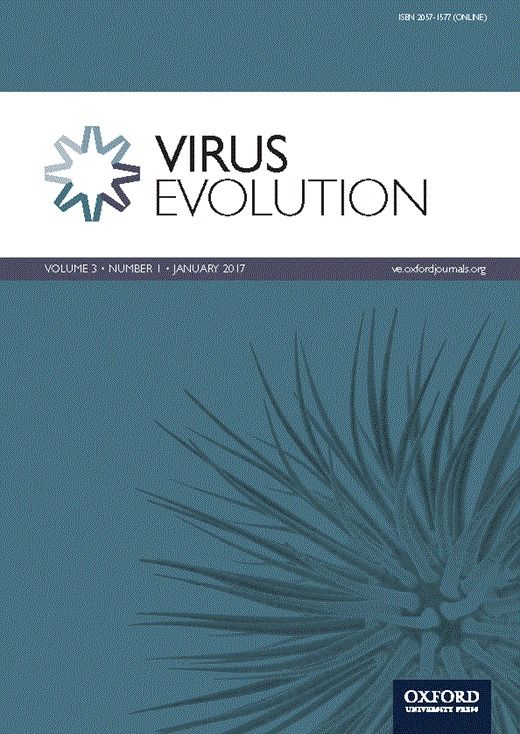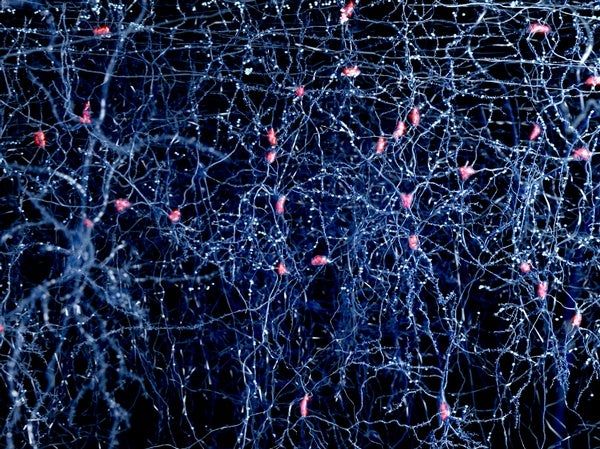Jan 27, 2020
Inovio’s stock soars after receiving grant to develop coronavirus vaccine
Posted by Omuterema Akhahenda in categories: biotech/medical, health
The Pennsylvania-based biotechnology company said early Thursday that it was awarded a grant of up to $9 million by the Coalition for Epidemic Preparedness Innovations (CEPI) to develop a vaccine for the new strain of coronavirus, 2019-nCoV, which originated in Wuhan, China, and has killed no less than 17 people.
Kim said after the DNA sequence of the new coronavirus strain was made publicly available on Jan. 11, Inovio was able to design and construct a potential vaccine in “a matter of hours,” and the animal-testing process has already begun.
As the coronavirus out of China spreads and gets deadlierof health care companies that announce plans to take part in finding a vaccine, or identifying patients with the new strain, have rallied sharply in very active trading.
Continue reading “Inovio’s stock soars after receiving grant to develop coronavirus vaccine” »

















